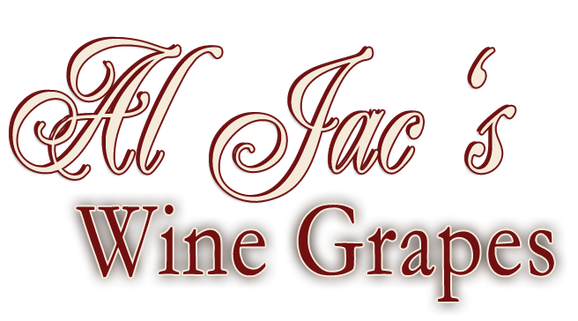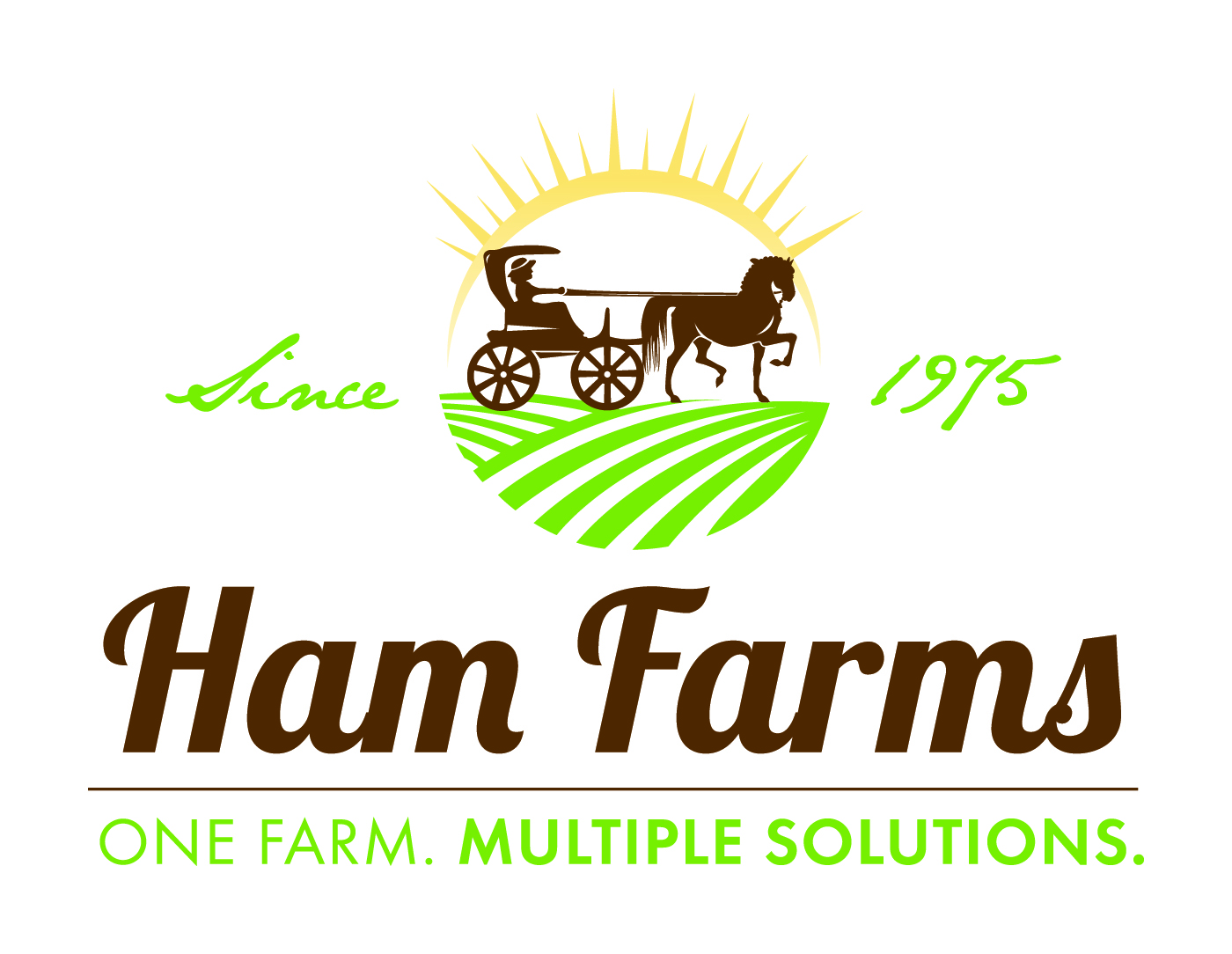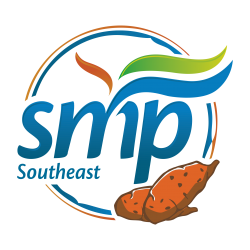ORLANDO, Fla. — At the National Potato Council’s recent Potato Expo 2025, the largest annual potato industry conference in North America, tariffs and trade were among the hot topics of discussion in education sessions and on the show floor.
The event, which drew 2,170 attendees and 201 exhibitors to the Orlando World Center Marriott, Jan. 9-10, considered what the future may hold for potatoes when a new administration takes office Jan. 20.
“Potatoes and apples are two ag commodities that likely will end up on the tariff list,” National Potato Council CEO Kam Quarles told The Packer. “But we’ve seen this movie before, and it’s not time for a collective freak-out right now.”
But Quarles, who is also a co-chair of the Specialty Crop Farm Bill Alliance, a national coalition of more than 200 specialty crop organizations representing growers of fruits, vegetables, tree nuts and more, added that challenging times, at least from a budgetary perspective, lie ahead.
“[Specialty crops] have to get more unified moving forward,” he said. “Ag and specialty crops had a tailwind and specialty has seen the most growth. But we’re headed into more chaotic times, and we can’t rest on the past and think that tailwind will continue.”
What’s next for potatoes
During a Jan. 9 Potato Expo presentation titled, "Eye on Potatoes Podcast: After the Election, What Can We Expect From a New Administration and Congress?," Quarles took the stage alongside Randy Russell, president of The Russell Group, and moderator Lane Norlund.
“Look at things like dietary guidelines. I think there's going to be a big deregulation push, and clearly the Trump administration is going to look a lot of things that happened in the last administration and, at a minimum, hit the pause button,” Quarles said.
Quarles also sees a Trump administration potentially moving certain trade opportunities forward.
Currently only chipping potatoes from the U.S. are exported to Japan, and the U.S. potato industry sees Japan as its biggest opportunity for export market growth.
“I think the new, new administration has the ability to really lean in on what we're confronting in Japan,” Quarles said. “It's really beyond the technical issues. There's simply a competitive issue there. They would be very content to negotiate for the next 20, 30 [or] 40 years and never come to any conclusion.
“I think the Trump administration can make major progress on trying to apply political pressure, in addition to all the substance technical information, to get that market open,” continued Quarles, adding that this would be a similar strategic policy approach the U.S. took in Mexico.
At the Rabobank booth, David Magaña, a senior analyst for the U.S. and North American fresh fruit and vegetable industries, also discussed potential tariffs.
“Mexico is now the largest buyer of U.S. fresh potatoes and Canada is No. 2,” David Magaña told The Packer. “If the incoming administration imposes tariffs, Mexico is likely to retaliate, and potatoes may be one of the targets if that happens.”
But David Magaña isn’t overly concerned about a lasting impact of a trade dispute with Mexico.
“Even if Mexico responds with ag tariffs as it did in 2018, that lasted just a few months,” said David Magaña, referring to July 2018, when in response to the Trump administration's tariffs on steel and aluminum imports from Mexico, the Mexican government imposed retaliatory tariffs of 15% to 25% on U.S. pork, cheese and other food and agricultural products, negating NAFTA agreements.
“When India retaliated, there were tariffs for five years and in China, some tariffs are still in place,” he added.
Opportunities ahead
The National Potato Council hopes to have a shot at replicating in Japan the success it's seen in Mexico.
“This is our third year in Mexico, and we’ve seen the growth we anticipated — it’s a $150 to $200 million market,” said Mark Szymanski, strategic consultant and CEO of Evocati PR, who represents the National Potato Council.
The Japan market alone is estimated at $100 million a year in U.S. fresh potatoes, which would represent a 10% increase in U.S. potatoes’ global market size, Szymanski said.
“Gaining Japan’s access to fresh U.S. potatoes is our No. 1 priority. It’s important to keep potatoes growing,” said Bob Mattive, president of the National Potato Council.
But the total economic impact of access to the Japanese market is really $47.5 billion, said Szymanski, because it’s not just grower-packer-shippers, but also ports, logistics and others along supply chain.
“Entering the Japanese market with fresh potatoes would be a huge benefit to the U.S.,” Mattive said. “It took over 20 years to get Mexico fully open. We hope it doesn’t take that long to get Japan open; we want to be good partners with them.”
Potato Expo 2026 is slated for Jan. 6-8 at the Gaylord Texan in Dallas.

















